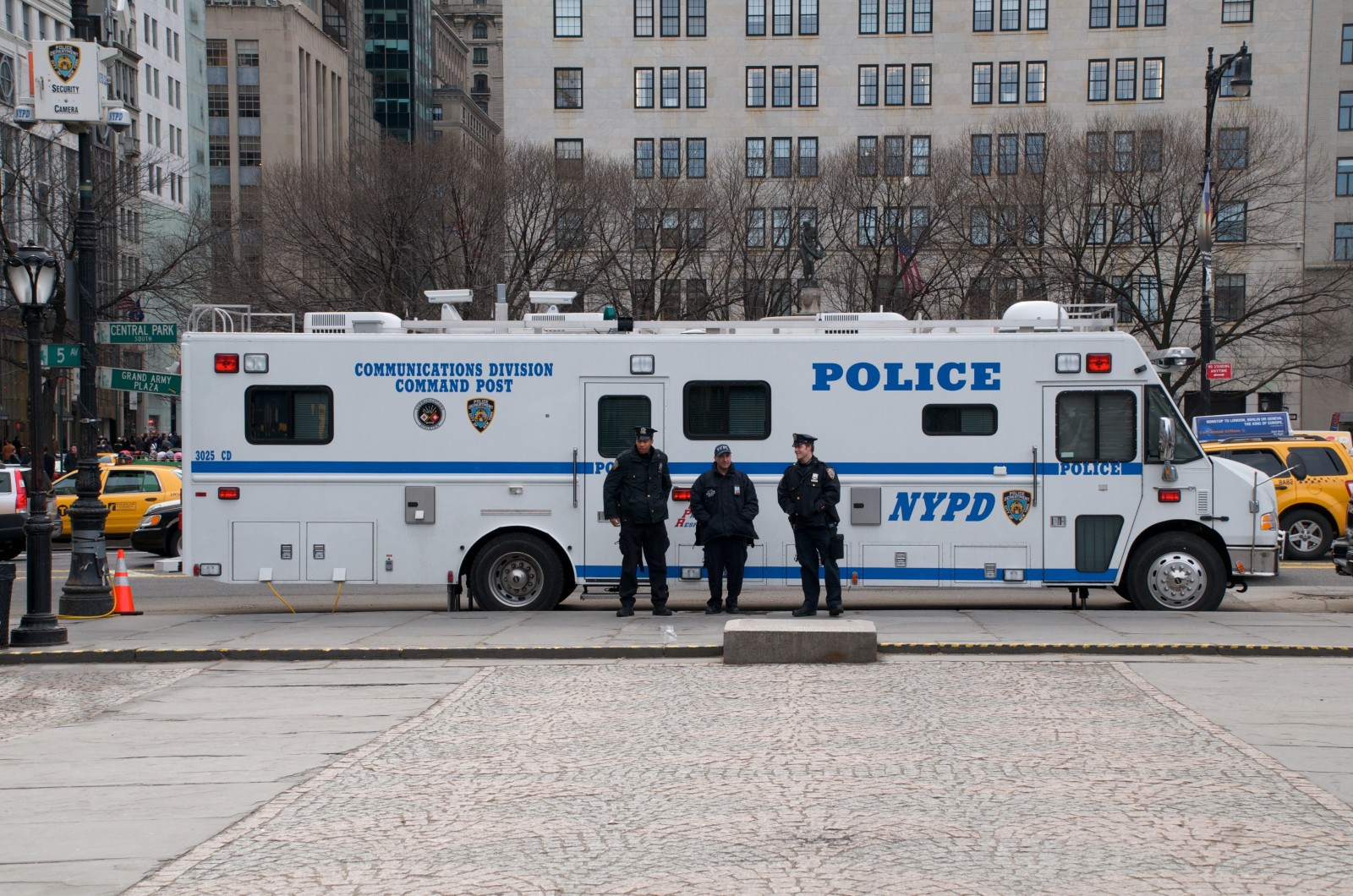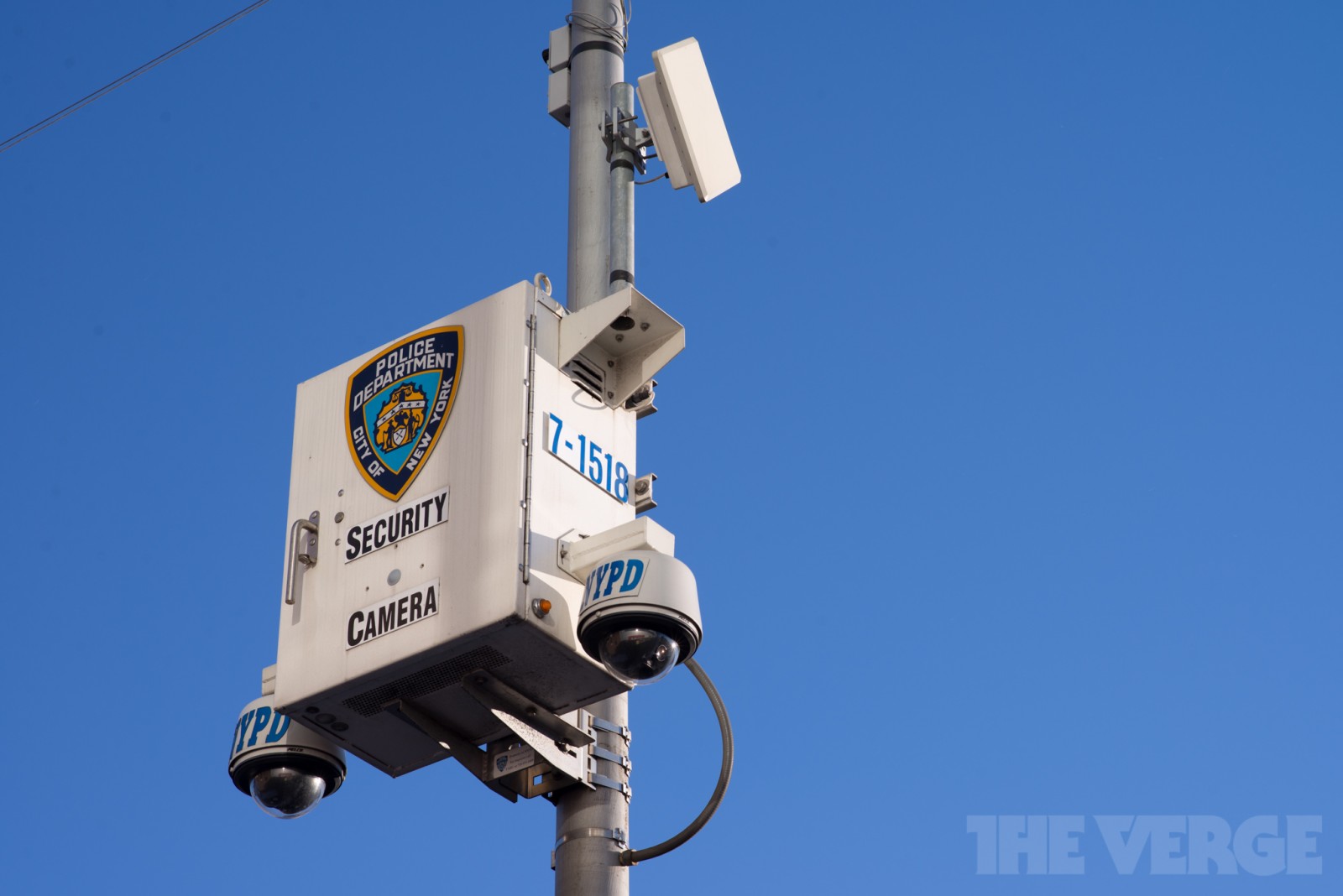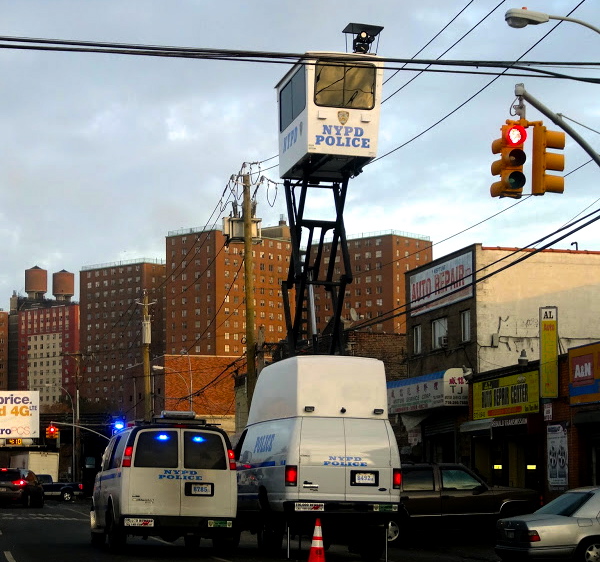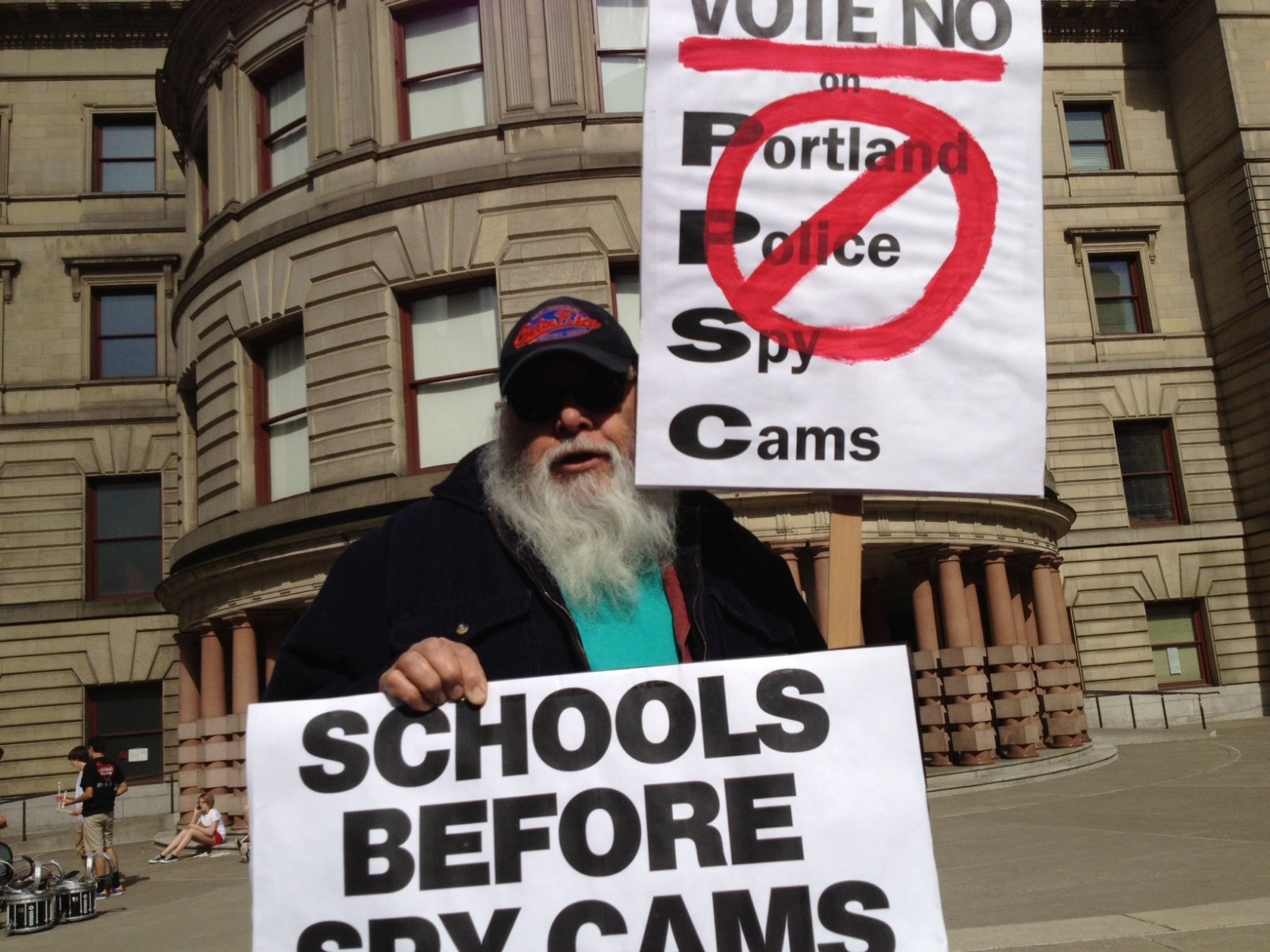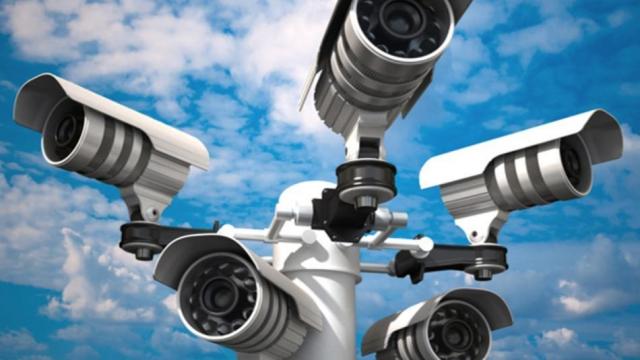
There’s an interesting trend occurring in the United States regarding the number of Americans willing to give up their civil liberties in the name of fighting terrorism.
In a poll conducted by TIME/CNN/ORC International two weeks after the Boston Marathon bombing incident, results show that 61 percent of Americans were more concerned about the government enacting new anti-terrorism policies that would restrict their civil liberties, compared with 31 percent who feared the government would fail to enact strong new anti-terrorism policies.
Civil liberties’ advocates often cite concerns about legislation like the Patriot Act, as they impact freedom of speech, the right to bear arms and the right to privacy.
As Mint Press News previously reported, many government actions — when it comes to investigating terrorist activity — are highly confidential and those under surveillance often are not aware they are being monitored.
The Foreign Intelligence Surveillance Act (FISA) of 1978 created a secret federal court to grant permission to government groups to monitor Americans physically and/or electronically. Last week it was reported that the secret court approved 100 percent of the 1,856 requests they received in 2012 to watch members of the American public for “foreign intelligence purposes.”
The poll shows a dramatic increase in the number of Americans opposed to government taking away these freedoms, guaranteed in the Bill of Rights, in order to combat terrorism, compared with a similar poll in 1996 after the Atlanta Olympics bombing that same year. In the 1996 poll, only 23 percent of Americans opposed giving up their freedoms to aid the government in fighting terrorism.
The results of the poll are striking, especially since law enforcement officials, such as New York Police Department (NYPD) Police Chief Ray Kelly, have said that after the Boston Marathon bombing privacy has been taken “off the table.”
“I’m a major proponent of cameras,” Kelly said. “I think the privacy issue has really been taken off the table.”
But Kelly’s anti-terrorism tactics have largely been criticized because many people — including a Brooklyn councilman — have saidthat the NYPD’s counterterrorism efforts are based more on profiling than any real leads. Still, Kelly has defended New York’s anti-terrorism efforts, including the infiltration of Muslim communities.
“The people who complain about it, I would say, are a relatively small number of folks, because the genie is out of the bottle,” Kelly said. “People realize that everywhere you go now, your picture is taken.”
New York City is infamous for its large surveillance system that was modeled after London’s “ring of steel” surveillance system, in which police are able to conduct massive surveillance due to intentionally narrow road lanes and concrete medians. But the American public largely is not aware of other surveillance capabilities the U.S. government uses.According to former FBI counterterrorism agent Tim Clemente, every telephone conversation in America is already being recorded — even if the government doesn’t have a warrant. Clemente said that no form of digital communication is secure, meaning that every telephone call, email and online chat is being recorded and stored for the government’s use.
Since the Boston bombings, many law enforcement and government officials have suggested implementing more surveillance camerasacross the United States. Americans 50 and older tend to agree with this decision and say they are willing to give up some of their freedoms.
But privacy advocates point out that the images and video footage that were most helpful to the FBI in capturing those behind the Boston Marathon bombings were not from police department cameras — instead, the most useful images came from individuals and private businesses.
The poll found that the only place Americans seemed willing to give up some of their privacy was in public spaces, which privacy advocates maintain is much different from the surveillance of someone’s email or cell phone.
TIME also found that many Americans have accepted the reality that terrorist attacks will happen on U.S. soil in the future. TIME reported that after 9/11, 63 percent of Americans were in support of additional surveillance in public areas, but in this new poll, that number jumped up to 81 percent.
Another change in public opinion was in regard to whether the U.S. government had the ability to prevent all major attacks. In 2006, 41 percent of Americans believed the government had the ability to thwart any attacks, but that number has now dropped to 32 percent.
Originally published by MintPress News.
3 WAYS TO SHOW YOUR SUPPORT
- Log in to post comments

